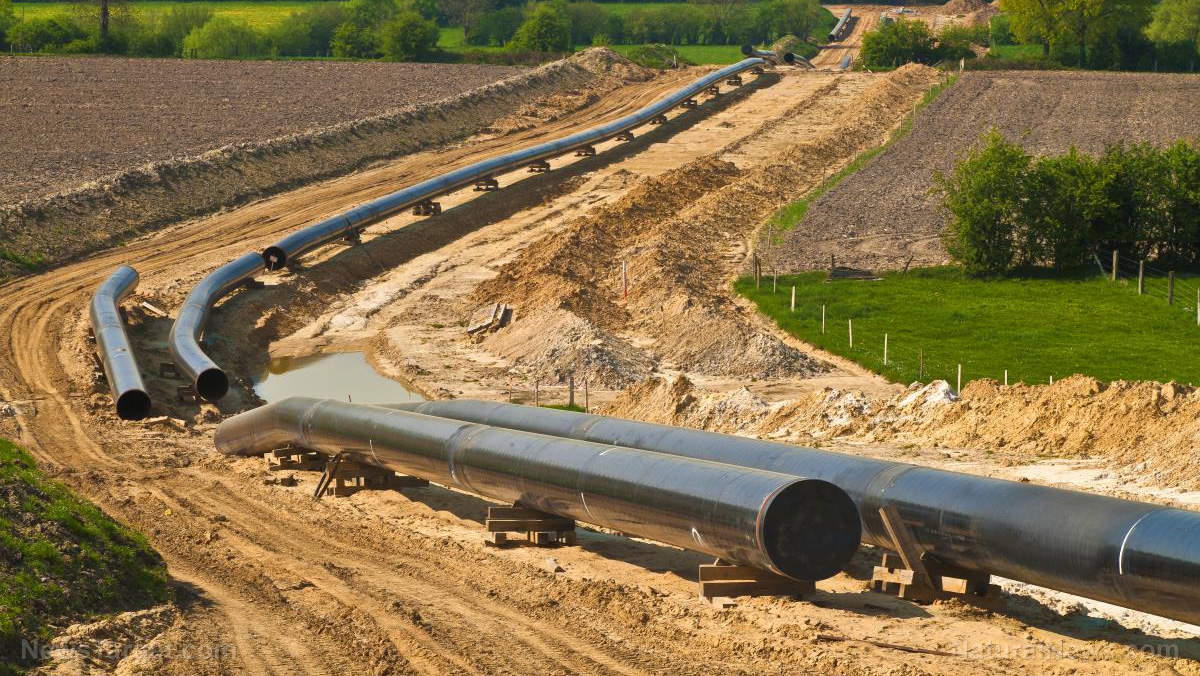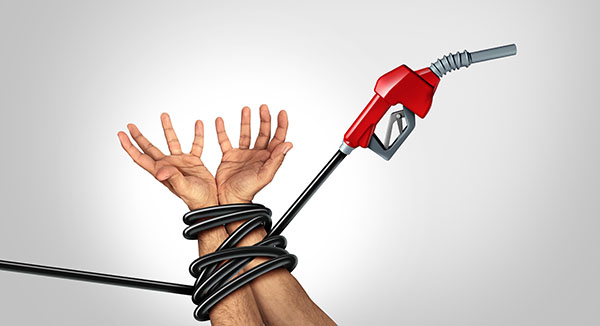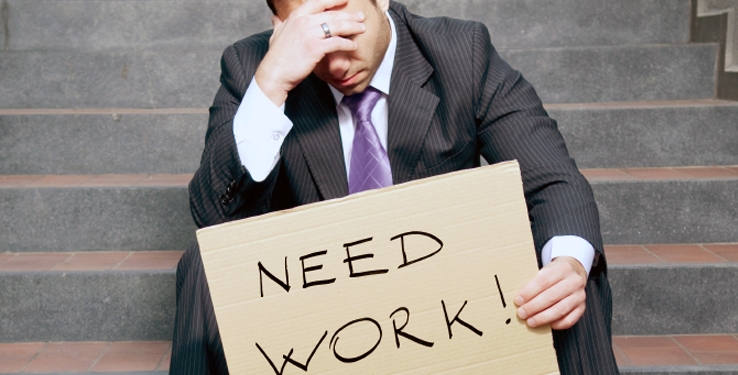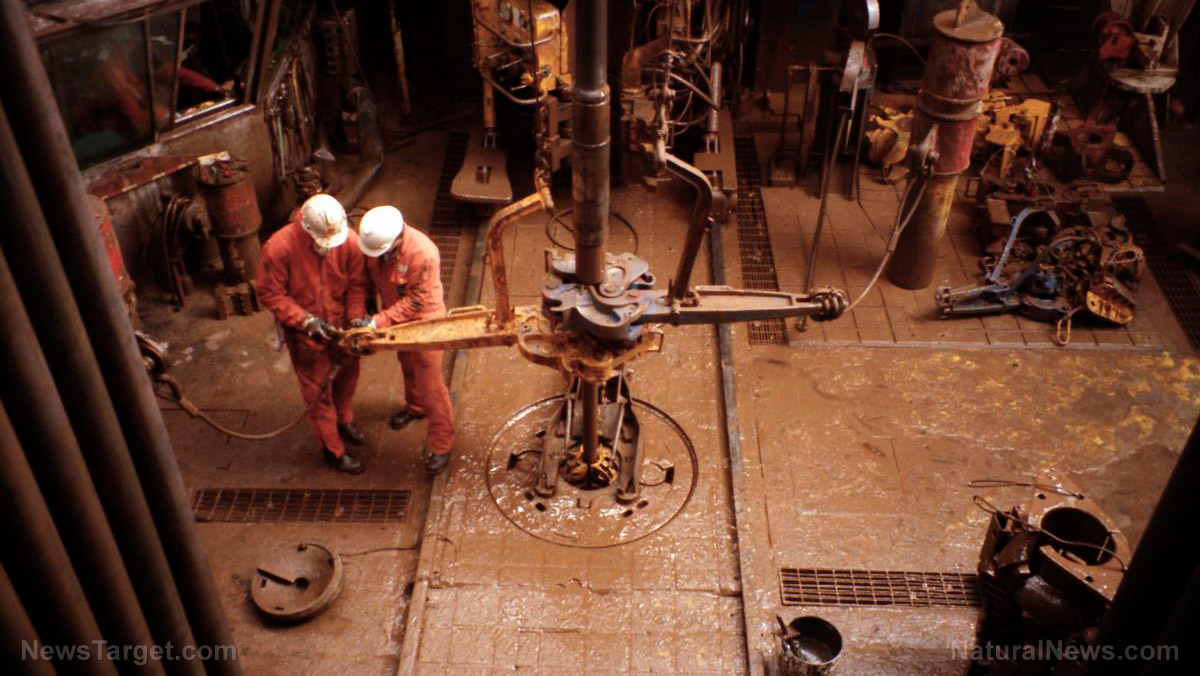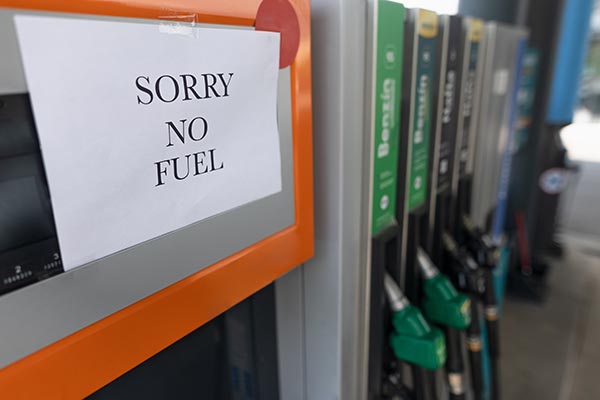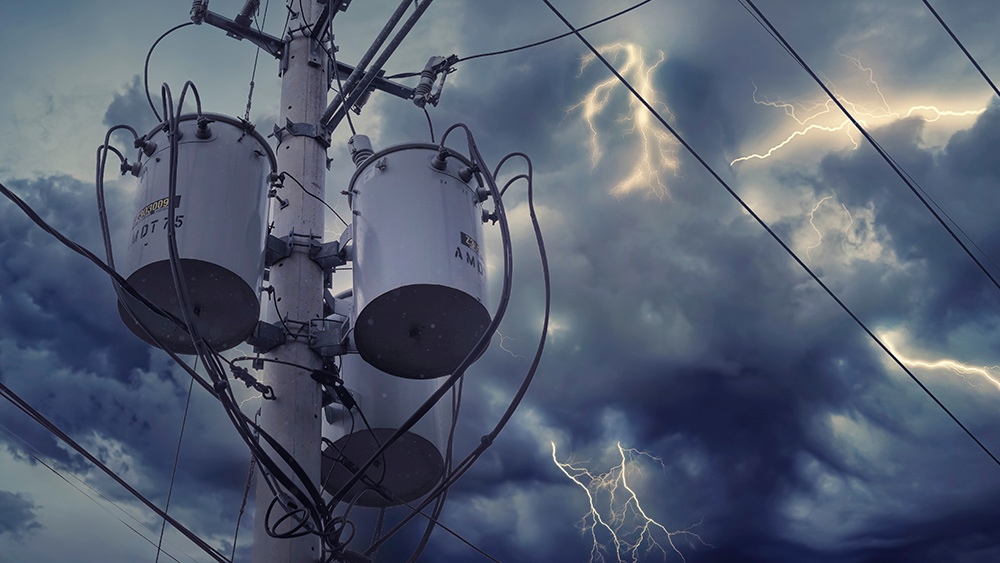Volkswagen reconsidering plans to build new EV battery plants in Europe due to soaring energy costs
12/08/2022 / By Arsenio Toledo
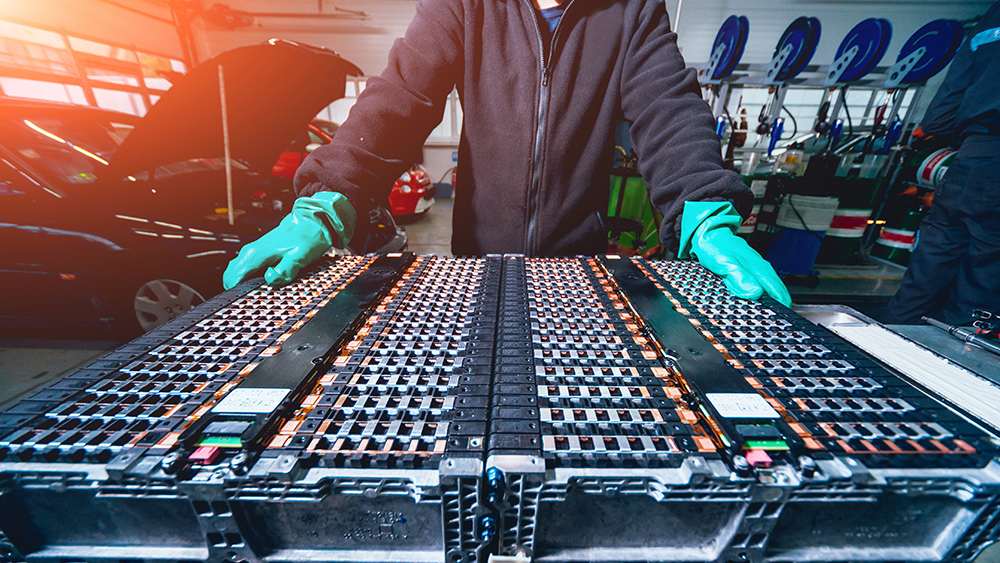
Automobile manufacturing giant Volkswagen has warned the European Union (EU) that soaring energy costs make building new electric vehicle battery production plants “practically unviable” in the continent.
Volkswagen has been talking about committing to investing in Germany and EU industrial projects involving electric vehicles, including new battery-cell factories. Unfortunately, the company warned that such long-term investments will be unfeasible unless the bloc’s policymakers control ballooning energy prices.
“Europe is not cost-competitive in many areas, in particular, when it comes to the costs of electricity and gas,” wrote Volkswagen Chief Executive Officer Thomas Schafer on social media, slamming Europe’s industrial policy.
“Unless we manage to reduce energy prices in Germany and Europe quickly and reliably, investments in energy-intensive production or new battery cell factories in Germany and the EU will be practically unviable,” added Schafer. “The value creation in this area will take place elsewhere.”
Schafer’s recent comments call into question whether Volkswagen will push through with its recent major investment program to help Europe switch from combustion-engine vehicles powered by fossil fuels to supposedly cleaner electric vehicles. This program was pushed to help prepare the EU for the implementation of its mandate for all new car sales to be zero-emissions by 2035. (Related: EV NO GO: Switzerland may limit electric vehicle use to avoid blackouts this winter.)
Volkswagen’s investment program involved building at least six electric vehicle battery cell factories in Europe and having them all be fully operational by 2030. This process would be managed by the Volkswagen subsidiary PowerCo, which recently broke ground on its lead battery production plant in Germany in July.
The car company has bragged that the investment program would generate over 20 billion euros ($21.02 billion) in annual sales and create up to 20,000 jobs.
EU policies are failing to properly support major industries
In his comments regarding energy policies in Europe, Schafer noted that already-record-breaking high energy prices on the continent are still on the rise, making it difficult for energy-intensive industries like Volkswagen to continue doing business in the EU.
“The fact of the matter is, in an international comparison, Germany and the EU are rapidly losing their attractiveness and competitiveness,” said Schafer. “The U.S., Canada, China, Southeast Asia and [other] regions such as North Africa are stepping on the gas.”
Schafer further criticized the EU’s current subsidy program for aiding industries with their energy costs, calling it “outdated” and far too “bureaucratic.”
He also called a tentative plan by French Minister of the Economy Bruno Le Maire and German Vice Chancellor and Minister for Economy Affairs Robert Habeck to bolster support for major industrial players as potentially falling far short of business needs in crucial areas and “does not address the envisaged priorities.”
“The EU urgently needs new instruments to avert creeping deindustrialization and to keep Europe attractive as a location for future technologies and jobs,” Schafer argued.
The Volkswagen executive’s comments underscore a broader malaise affecting the automobile industry of major EU countries like Germany, which are all failing to respond to spiraling energy costs.
Learn more about the issues surrounding electric vehicle use at FlyingCars.news.
Watch this clip from InfoWars discussing how the Deep State celebrated the destruction of the Nord Stream natural gas pipelines and the collapse of Europe’s energy grid.
This video is from the InfoWars channel on Brighteon.com.
More related stories:
Manufacturing EV batteries in EU “practically unviable” due to soaring energy costs, says Volkswagen.
Maintaining an electric vehicle has become far TOO EXPENSIVE for Canadians.
Electric vehicle entrepreneur struggles to find charging station for his car during road trip.
EV NIGHTMARE: California grid operator asks electric car owners to avoid charging their vehicles.
Sources include:
Submit a correction >>
Tagged Under:
cars, deindustrialization, economic collapse, economics, economy, electric vehicle battery, electric vehicle infrastructure, electric vehicles, electricity, energy crisis, energy supply, Europe, European Union, flying cars, fuel prices, green deal, inflation, robocars, Thomas Schafer, Volkswagen
This article may contain statements that reflect the opinion of the author
RECENT NEWS & ARTICLES
COPYRIGHT © 2022 FuelSupply.news
All content posted on this site is protected under Free Speech. FuelSupply.news is not responsible for content written by contributing authors. The information on this site is provided for educational and entertainment purposes only. It is not intended as a substitute for professional advice of any kind. FuelSupply.news assumes no responsibility for the use or misuse of this material. All trademarks, registered trademarks and service marks mentioned on this site are the property of their respective owners.


